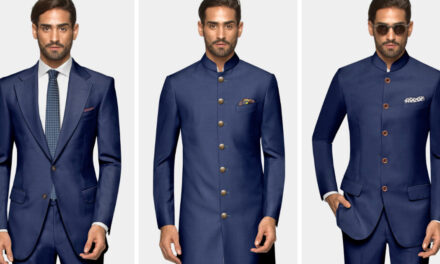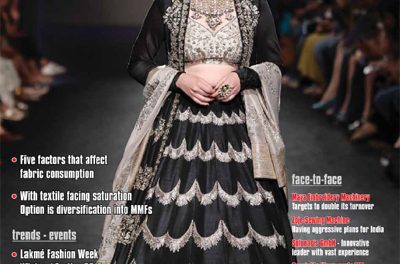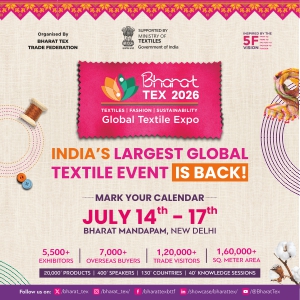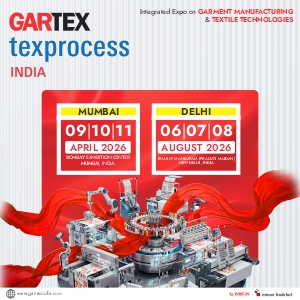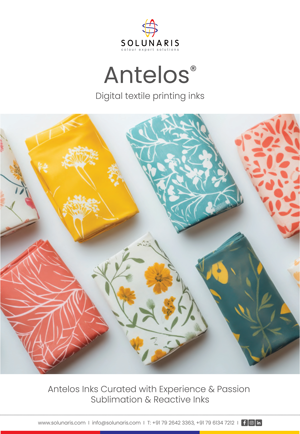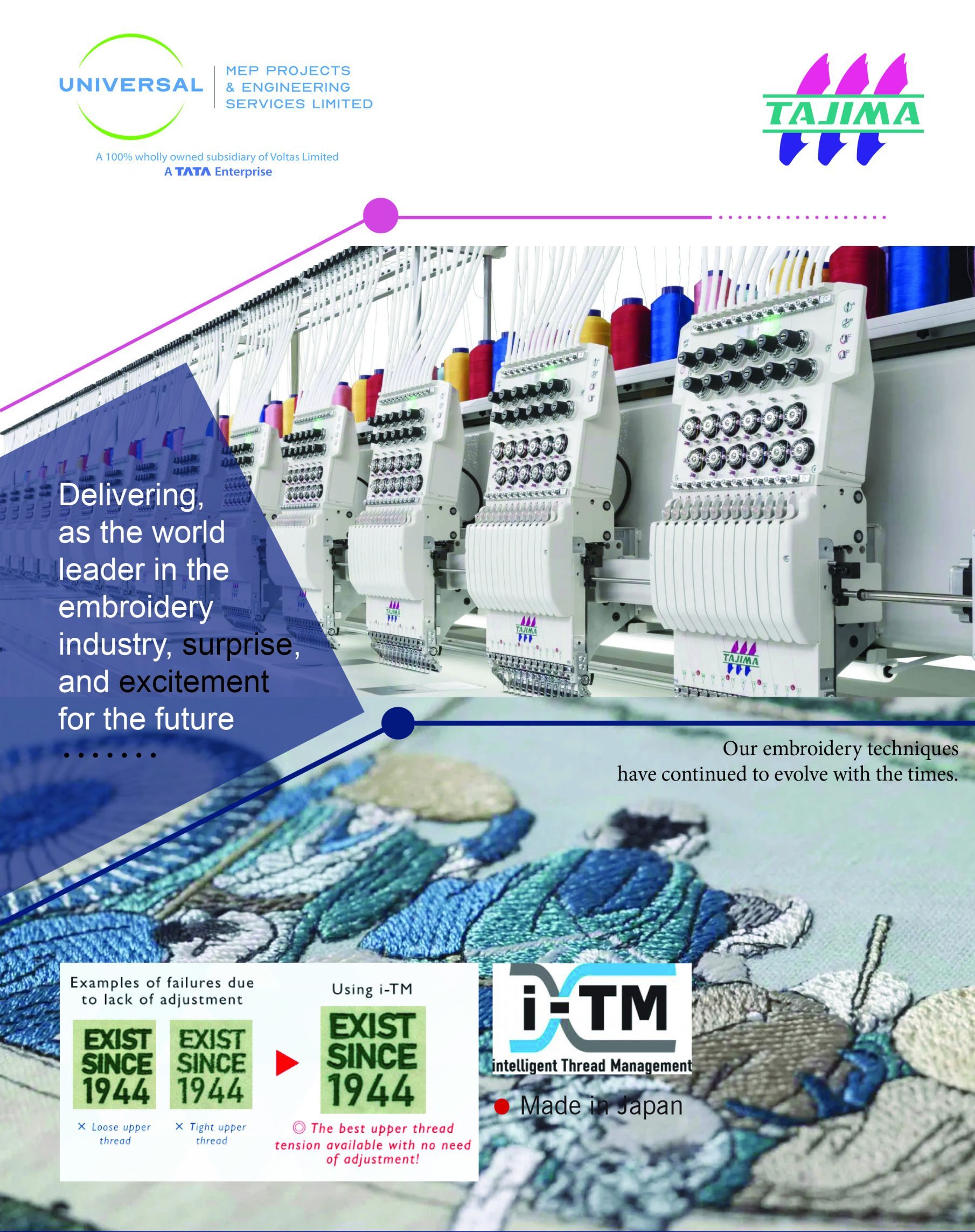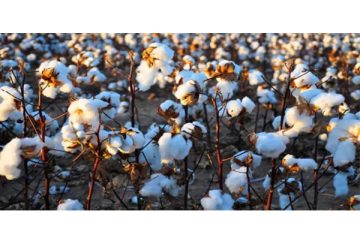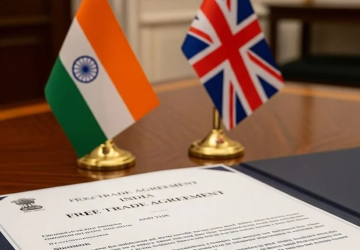Market dynamics of top 9 textile and apparel manufacturers in India 2025
 Industry Expansion
Industry Expansion
India’s textile and apparel industry is one of the oldest and largest sectors of the economy, contributing significantly to GDP, employment, and exports. In 2025, the sector continues to expand, driven by rising consumer demand, government support under schemes like PLI (Production-Linked Incentive), and increasing global interest in India as a reliable sourcing hub. With a strong presence across cotton, silk, wool, and synthetic fibers, Indian manufacturers cater to both domestic and international markets, ranging from affordable clothing to high-end fashion and technical textiles.
Leading players such as Arvind Limited, Raymond Ltd., and Vardhman Textiles dominate the market with integrated operations, advanced technology, and global partnerships. Meanwhile, companies like Welspun India and Alok Industries have built strong reputations in home textiles and value added fabrics, catering to global retailers and e-commerce platforms. With sustainability and innovation becoming industry priorities, Indian manufacturers are adopting eco-friendly fabrics, digital design, and smart manufacturing to meet evolving consumer preferences.
Export growth is another critical driver, with India supplying textiles to more than 150 countries. The U.S., Europe, and Middle East remain key destinations, while growing partnerships with ASEAN and African nations are opening new avenues. Supported by rising investments, digital commerce, and a skilled workforce, India’s textile sector is poised to strengthen its global leadership in 2025 and beyond.
Strategic Approaches
Indian textile and apparel manufacturers are pursuing diverse strategies to remain competitive in a rapidly evolving market. Large players like Arvind Limited and Vardhman Textiles are investing in vertical integration-covering spinning, weaving, processing, and garmenting to optimize efficiency and reduce dependence on imports. At the same time, Raymond Ltd. has enhanced its premium branding and retail expansion, strengthening its presence in both domestic and international fashion markets.
Sustainability is a major strategic pillar. Companies such as Welspun India and Alok Industries are focusing on recycled fibers, organic cotton, and water-efficient dyeing technologies. Meanwhile, export-focused firms are aligning with global buyers’ ESG (Environmental, Social, Governance) mandates, ensuring compliance with certifications such as OEKO-TEX, GOTS, and Fair Trade.
Smaller manufacturers and emerging brands are embracing digital-first models, leveraging e-commerce, online marketplaces, and virtual sampling to reach global buyers directly. Many companies are collaborating with fashion tech startups to introduce 3D design, supply chain digitization, and AI-driven demand forecasting. By balancing innovation, sustainability, and market diversification, Indian textile companies are creating strong niches within both the domestic and global apparel ecosystem.
How Big is the India Textile and Apparel Market?
■ Market Size in 2024: USD 222.08 Billion
■ Forecasted Value in 2033: USD 646.96 Billion
■ Growth Rate: CAGR of 11.98% (2025-2033)
■ Base Year of Estimation: 2024
■ Historical Data: 2019-2024
■ Future Forecast Period: 2025-2033
Emerging Trends
The Indian textile and apparel industry is undergoing transformative changes that will define its future trajectory. Sustainable fashion is becoming mainstream, with consumers increasingly preferring eco-friendly fabrics like organic cotton, hemp, bamboo, and recycled polyester. Manufacturers are responding with circular economy initiatives, textile recycling, and zero liquid discharge processes in dyeing.
Smart textiles and technical fabrics are also gaining traction, catering to sectors such as sportswear, defense, medical, and automotive. Companies are investing in R&D for moisture-wicking, antimicrobial, and fire-retardant fabrics, creating new growth segments beyond traditional apparel.
The rise of digital commerce is reshaping buyer behavior. Direct-to consumer (D2C) fashion brands, supported by textile manufacturers, are thriving through online channels. AR/VR-based virtual trial rooms and AI-enabled design are helping companies respond quickly to fast fashion demands.
Global collaborations are increasing as Indian firms partner with international fashion labels and retailers to strengthen exports. Additionally, government initiatives like Mega Integrated Textile Region and Apparel (MITRA) parks are supporting world-class infrastructure for textile clusters, boosting competitiveness.
Together, these trends highlight India’s evolution into a sustainable, technology-driven, and globally competitive textile powerhouse.
The Top 9 Textile and Apparel Manufacturers in India (2025)
■ Alok Industries Limited
■ Arvind Limited
■ Bombay Dyeing
■ Garden Silk Mills Private Limited (GSMPL)
■ Grasim Industries Limited (Aditya Birla Group)
■ Raymond Limited
■ Trident Limited India
■ Vardhman Textiles Limited
■ Welspun Living Limited
(Study by IMARC Group)


